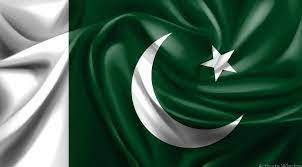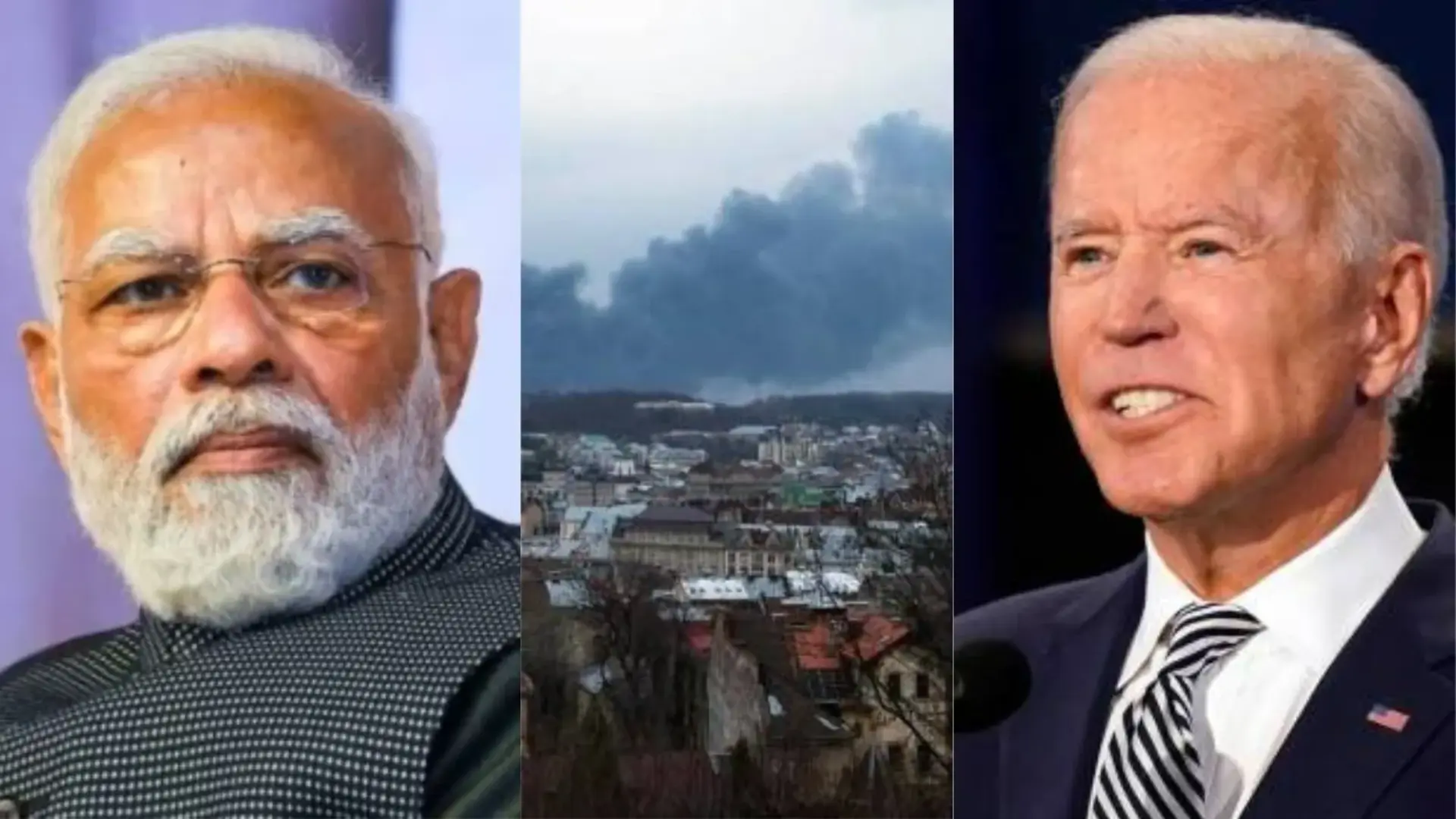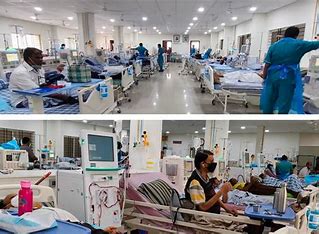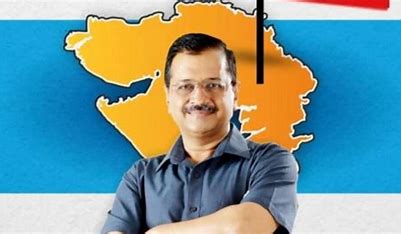
Pakistan’s struggling economy has exhibited an underwhelming performance in the outgoing financial year, marked by a paltry 0.29 per cent GDP growth and an escalating inflation rate of over 29 per cent.
These statistics were revealed by Finance Minister Ishaq Dar in the Economic Survey 2022-23 presented at a press conference a day before the announcement of the upcoming budget. Amid political instability and severe flood conditions, the survey outlined the government’s economic achievements for the year ending on June 30. The GDP growth significantly fell short of the targeted 5 per cent, with agriculture, industry, and services sectors achieving only 1.55, 2.94, and 0.86 per cent growth respectively. The industrial sector witnessed the most significant contraction, slipping from the targeted growth of 7.1 per cent.
Inflation soared to 29.2 percent from July 2022 to May 2023, significantly higher than the 11 per cent recorded in the same period the previous year, and well above the target of 11.5 per cent for the financial year 2023.
Despite these grim figures, the Federal Board of Revenue reported a significant increase in tax collection. It grew by 16.1 per cent to Rs 5637.9 billion from July to April, compared to Rs 4,855.8 billion collected in the previous year. The target for the entire year stands at Rs 7,470 billion.
There was some success in containing the current account deficit, which decreased from USD 3.4 billion to USD 13.7 billion in the July to March period. This resulted in a deficit reduction of 1 percent of the GDP, bringing it down to 4.6 from 4.7 per cent. The fiscal deficit was also curtailed to 3.6 percent of the GDP during the first nine months of the current fiscal year, as opposed to 3.9 per cent recorded in the same period last year.
Finance Minister Dar attributed the dismal economic performance to the previous Imran Khan administration, amplified by natural disasters like floods and international conditions. He mentioned that floods alone resulted in USD 30 billion in economic losses. The government has set a modest GDP growth target of 3.5 per cent for the next year.
To boost the economy, Dar revealed plans for a host of incentives to be announced in the upcoming budget, including a goal to increase IT exports to USD 15 billion in the next five years from the current USD 2.5 billion.
Ahsan Iqbal, the Minister for Planning, described the year 2022-23 as a “force majeure” year for the country. However, he expressed optimism about the situation improving due to the government’s tough decisions.
The economic team led by Finance Minister Dar, after presenting the Economic Survey to Prime Minister Shehbaz Sharif, was commended for its performance. Sharif acknowledged the team’s efforts amid economic challenges posed by the previous government and the devastating floods.
Sharif also shared plans for significant investments in the upcoming budget to uplift the agriculture and IT sectors. The intention is to provide small farmers with high-quality seeds and advanced agricultural equipment, alongside expanding an interest-free loan programme. He announced the government’s decision to reward farmers who achieve higher per acre yields.
Since gaining independence, Pakistan has experienced multiple military coups and the dismissal of elected governments. Amid these political crises, the country’s economy has been in a steady decline for several years, exacerbating the financial strain on its population.
Unchecked inflation has made it increasingly challenging for many people to afford basic necessities. The catastrophic floods last year, which claimed over 1,700 lives, added to these woes by inflicting severe economic losses















